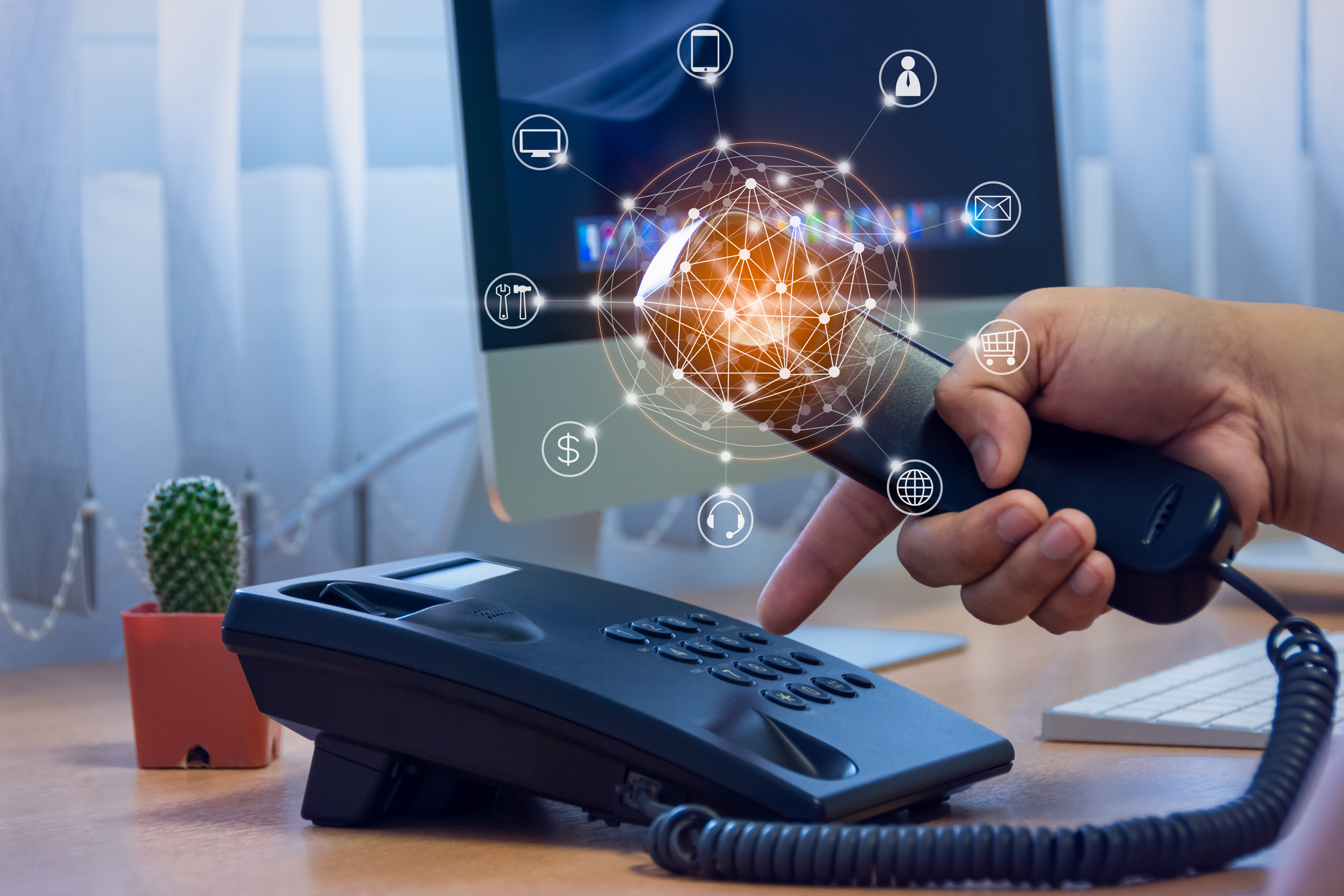
The impact on businesses due to Covid-19 has been far reaching. With numerous businesses having to furlough staff or alter their business plans dramatically to maintain business continuity, many continue to struggle to maintain as close to ‘business as usual’ as possible. In particular, the government announcement that dictated all who are able to work from home, most for the foreseeable future, meant that many businesses were caught out due to outdated telephony systems.
The shift to remote working has been a gradual process for a number of organisations, but the imposed government restrictions meant that businesses had to adapt their working practices almost overnight. It’s one thing being able to allow a few team members to work from home every now and then, to actually having to convert your entire business so that you are fully operational and able to provide a continual service while your staff work remotely. The two instances are completely different and not straightforward to achieve when you don’t have the right telecom solution in place.
Routing inbound enquiries
Some companies’ telephone systems may be so outdated that they lack the functionality to divert calls to a mobile. So, when the government made the announcement, even trying to do something as simple as reroute business calls to a mobile phone may have been problematic for a lot of businesses.
This becomes even more challenging when businesses usually rely on hunt groups to route calls to specific teams within the offices e.g. a sales or service team. With hunt groups, calls are distributed to additional numbers and have the capacity to handle multiple calls simultaneously. If the hunt group is forwarded to a mobile phone, you can only handle one call at a time and many callers will get an engaged tone, which is no way to manage inbound calls from customers.
Managing outbound calls
There is also the question of how employees can make external calls. For those without a business phone, they may have to use their landline or private mobile phone to make customer calls. But this could be problematic for staff who rightly want to keep their work and personal lives separate. Many could be reluctant to provide their private mobile numbers to customers, as they do not want to be at their customers’ beck and call outside of working hours. Perhaps some employees would be happy to do this on a temporary basis, but once the crisis is over, they may have set a precedent that it’s ok to contact them on their private numbers and as such, lost the safe haven of personal time.
Cost is another factor that comes into play. If employees have to use their private mobiles or landlines, there are costs involved for making those calls which they would rightly want to claim back. While most businesses would not contest this, it does create an unnecessary admin headache as employees need to put their claims in and admin departments are swamped with processing them. Resulting in lost productivity and time wasted.
Maintaining customer service levels
Instead, modern telephony systems can easily allow staff to work from home and function as if they were still in the office environment. Calls simply route through to an IP phone at home, softphone on a computer, or an app on a smartphone, so employees have the flexibility to answer calls at home or anywhere. They also don’t need to pass their personal numbers to customers and outbound calls can route through the telecom solution, so employees won’t incur additional costs on their own personal phone. Even calls to a hunt group are distributed to the most appropriate person.
What is essential during uncertain times such as these is for companies to maintain, or even exceed, service levels for customers. Business after lockdown is not going to go back to the way it was – businesses need to adapt to modern working practices, strategies and tools to maintain as close to business as usual as possible.




